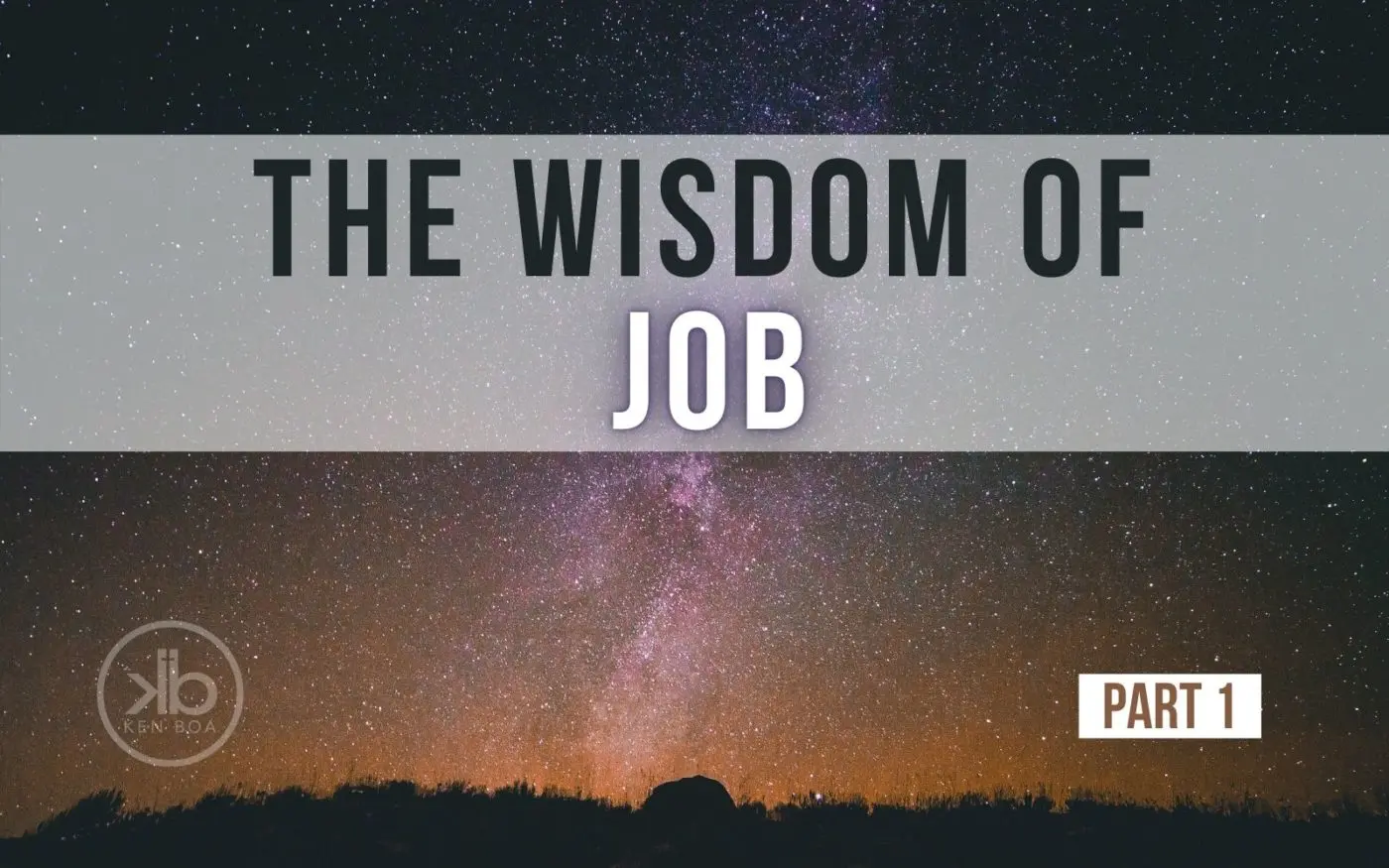God is sovereign over all things, and He is worthy of our worship even when we do not understand what He is doing in our lives.
This is the key principle in the book of Job, which wrestles with the sovereignty of God in the face of human suffering.
The Structure of Job
The book of Job is split into three parts: the dilemma, the debates, and the deliverance.
The dilemma occurs because Job is not a likely candidate (in our minds) of the catastrophes that befall him in the book. Even though he is a godly man, blameless and upright (Job 1:1), he loses everything—his family, his wealth, and his health. But Job could not see what was going on in the spiritual realm—Satan challenged God through persecuting Job, but God was in control in it all. He was using these circumstances to grow Job.
The debate comes about because of Job’s situation. His friends first sit with him in silence and mourn with him, and then they try to puzzle out why this suffering has come upon Job. They cover a range of overly-simplified reasons, mostly looking to Job’s faults, and Job’s defenses become increasingly self-righteous.
The deliverance happens in the final chapters of the book. God Himself responds to Job, demonstrating His majesty, power, and sovereignty through a series of questions. Job then repents, having gained a new perspective. This divine perspective is key—ultimately, his sufferings are not the theme of the book, but what Job learns from his suffering.
Transformation from Suffering
Even though we never receive a complete explanation of why Job had to suffer as he did, we see how the trials lead to a transformation.
The book of Job teaches us that if we construe God in terms of our circumstances, we stand on a shaky foundation—our spiritual life will depend on what happens to us. But if we construe our circumstances in terms of God’s character, we will not be shaken. God, after all, does not call us to understand all His ways—He only calls us to trust Him.
God will never be subject to the bar of our reason. Instead, we need to submit ourselves to Him. It is the pain of life that drives us into His arms, even though we do not yet understand.
Missed a video? Ken’s Sunday morning study archives are available here, including his series on the wisdom of Proverbs.
Shaped by Suffering pairs well with the book of Job, teaching us to base our perspective on the character of God rather than our temporal hardship.



